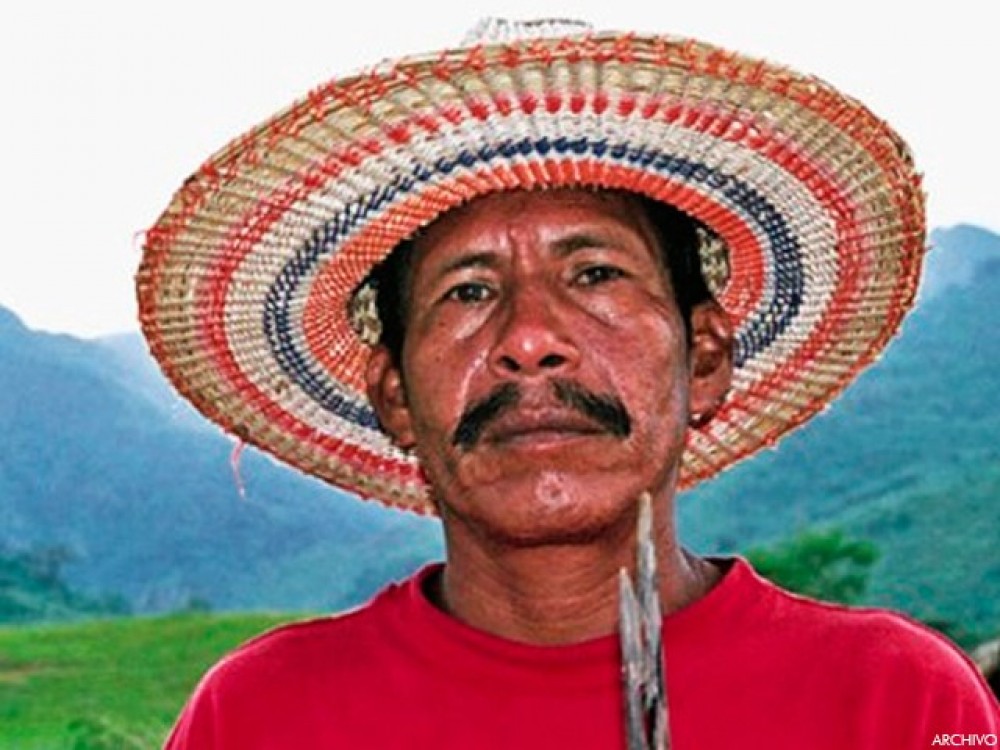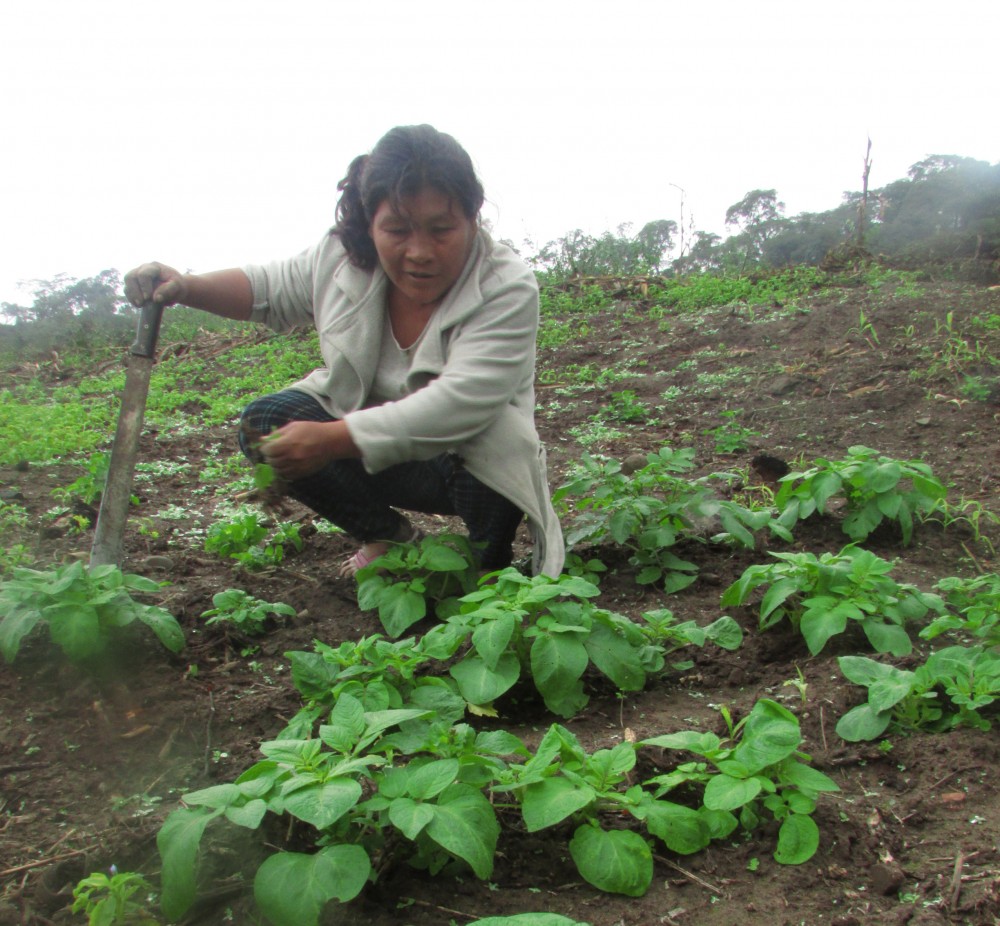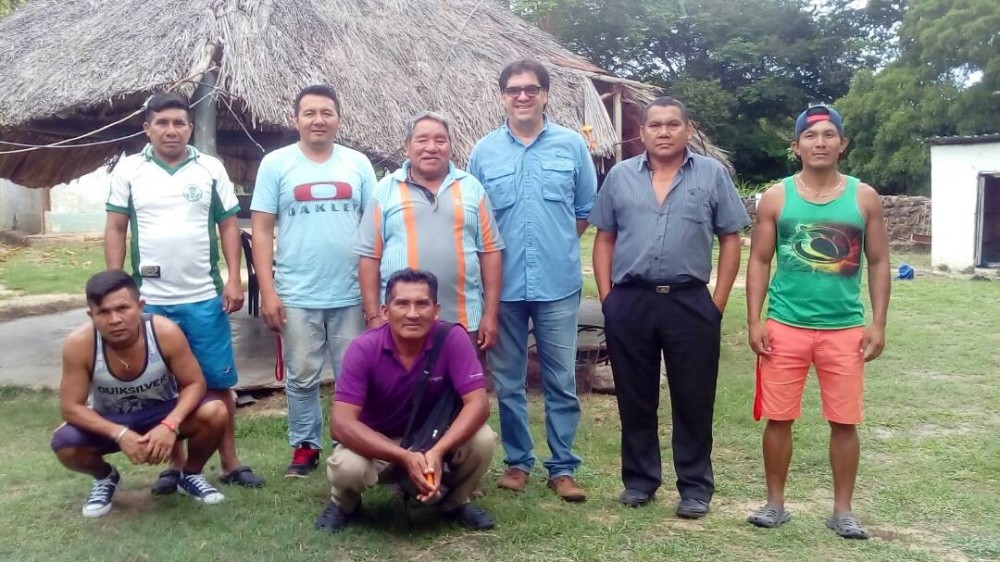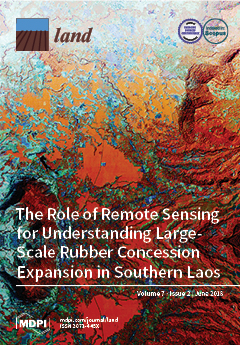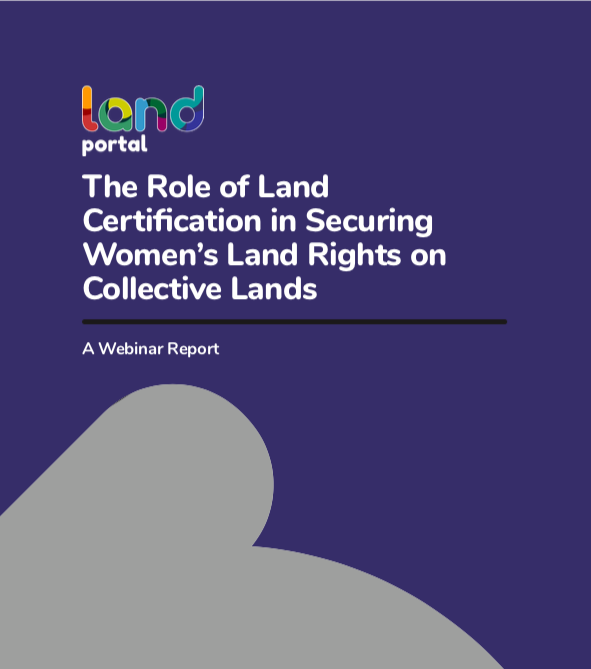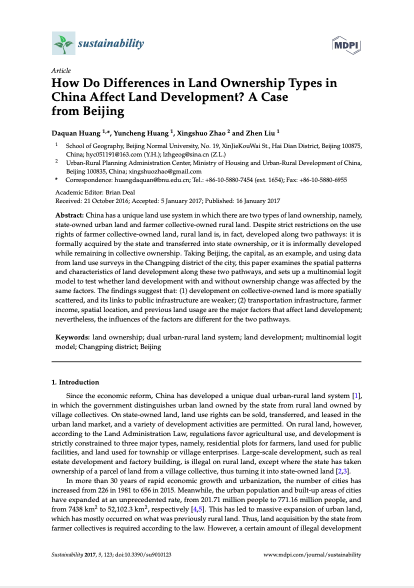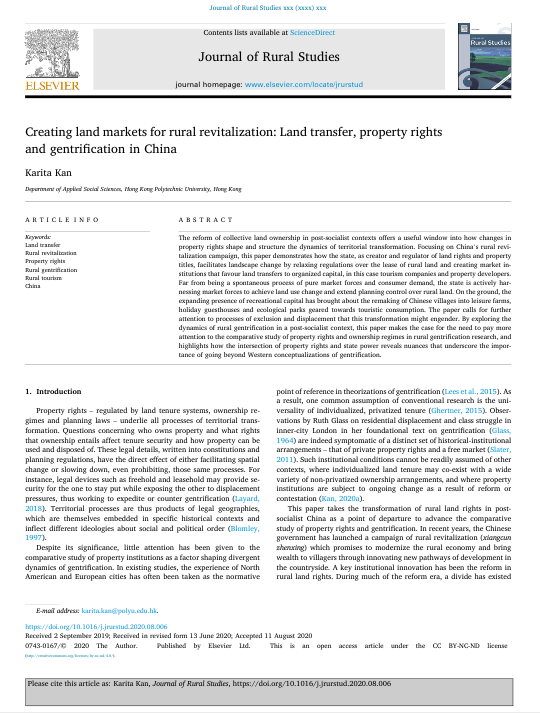La lucha del pueblo Yukpa por la recuperación de su territorio
Sabino Romero y el pueblo yukpa comenzaron a recuperar las tierras que ancestralmente les pertenecía y que fue ocupado por ganaderos, quienes los despojaron de sus tierras.Frente a estas acciones, los ganaderos tomaron represalias en contra los indígenas por lo que muchos murieron en la década del 2000. No fue hasta el asesinato de Sabino que el Gobierno compró las bienhechurías de los hacendados

